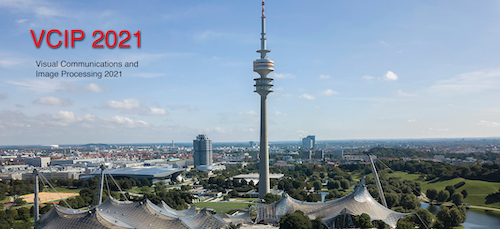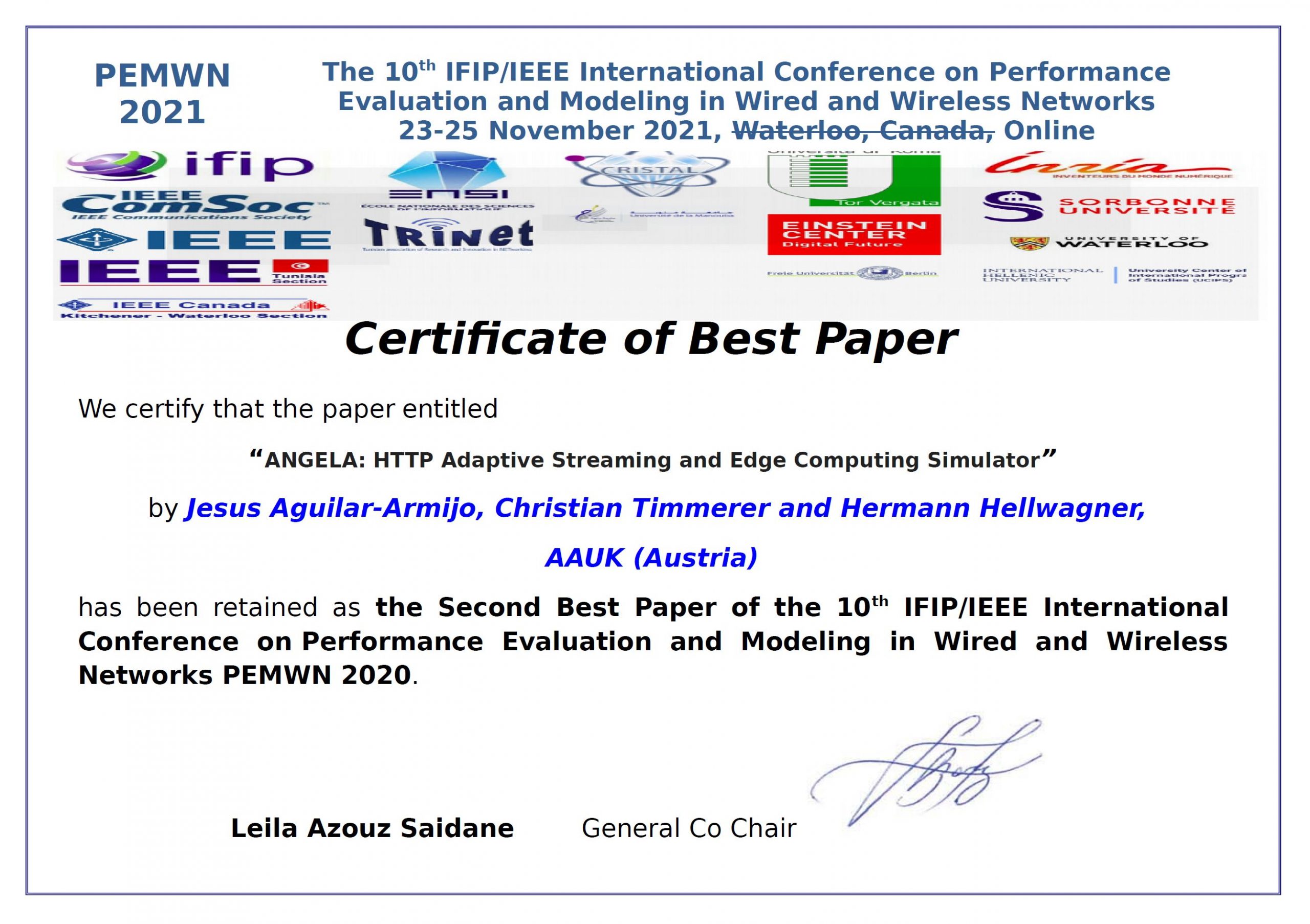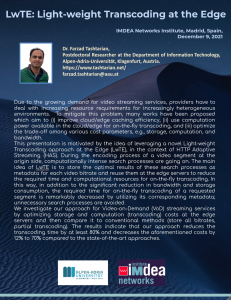Data Compression Conference (DCC)
March 22-25, 2022 | Snowbird, Utah, US
Conference Website
Vignesh V Menon (Alpen-Adria-Universität Klagenfurt), Hadi Amirpour (Alpen-Adria-Universität Klagenfurt), Mohammad Ghanbari (School of Computer Science and Electronic Engineering, University of Essex, Colchester, UK), and Christian Timmerer (Alpen-Adria-Universität Klagenfurt).
Abstract:
High Framerate (HFR) video streaming enhances the viewing experience and improves visual clarity. However, it may lead to an increase of both encoding time complexity and compression artifacts at lower bitrates. To address this challenge, this paper proposes a content-aware frame dropping algorithm (CODA) to drop frames uniformly in every video (segment) according to the target bitrate and the video characteristics. The algorithm uses Discrete Cosine Transform (DCT)-energy-based low-complexity spatial and temporal features to determine the video properties and then predict the optimized framerate, yielding the highest compression efficiency. The effectiveness of CODA is evaluated with High Efficiency Video Coding (HEVC) bitstreams based on the x265 HEVC open-source encoder. Experimental results show that, on average, CODA reduces the overall Ultra High Definition (UHD) encoding time by 21.82% with bit-rate savings of 15.87% and 18.20% to maintain the same PSNR and VMAF scores, respectively compared to the original frame-rate encoding.











